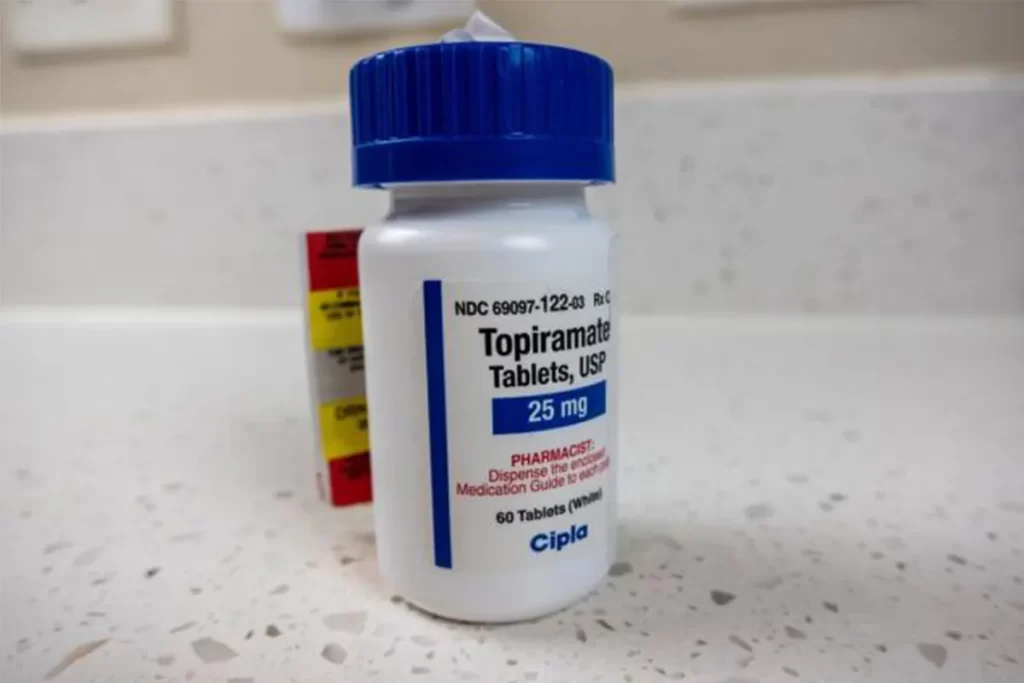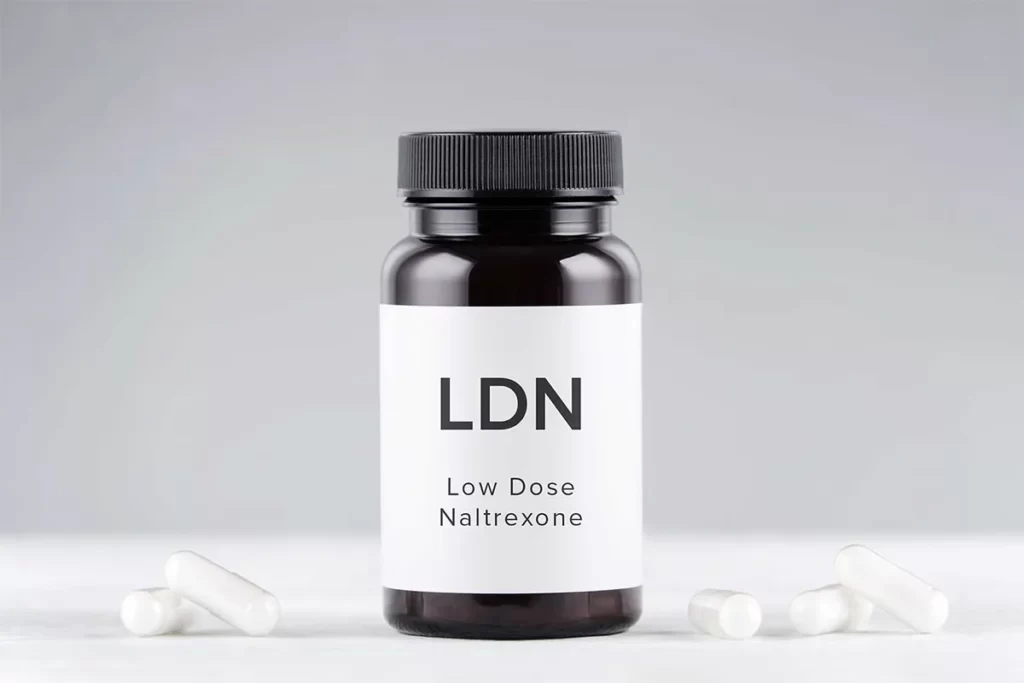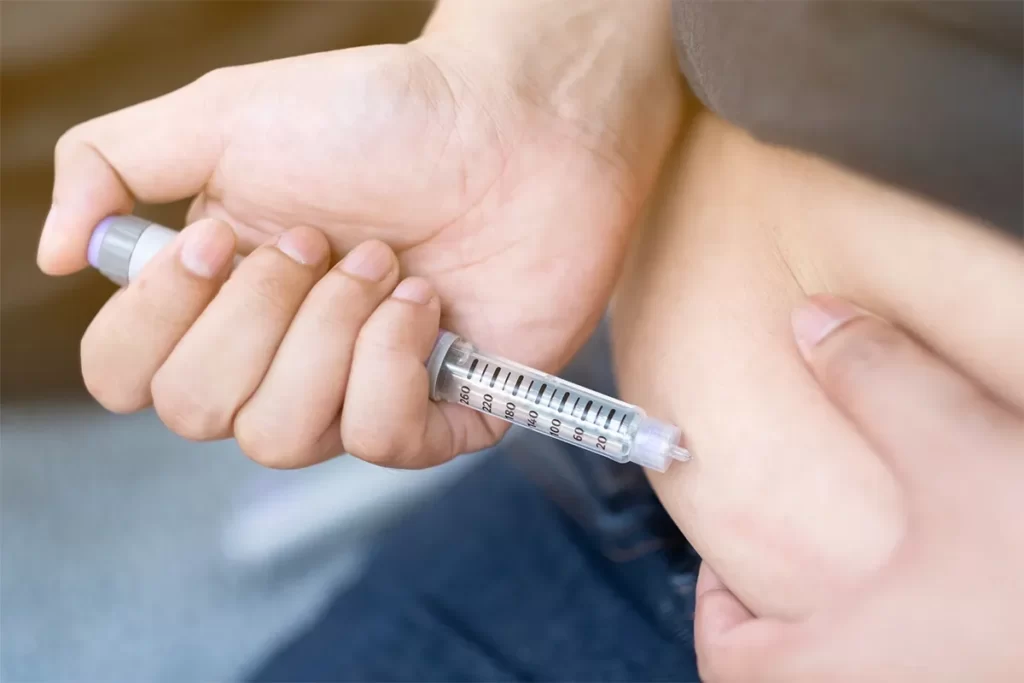Why am I Gaining Weight on Carnivore Diet? 12 Reasons
-
 Written by
Michael J. Ormsbee
Written by
Michael J. Ormsbee
- LAST UPDATED September 20, 2023
The carnivore diet, branded for its high-protein, meat-centric approach, has garnered significant attention given the speculated multitude of health benefits it promises — ranging from weight loss and improved gut health to reduced inflammation. However, some end up experiencing an adverse effect: gaining weight on carnivore diet. This comprehensive guide seeks to delve into the plausible reasons for this weight gain and offers feasible solutions to prevent unwanted fat accumulation.
Why Gaining Weight on Carnivore Diet is a Normal Phenomenon
Transitioning to the carnivore diet can generate a range of biological adaptations that might lead to gaining weight on carnivore’s diet. It’s essential to recognize why gaining weight on the carnivore diet can be a temporary, normal phenomenon before rushing to any conclusions.
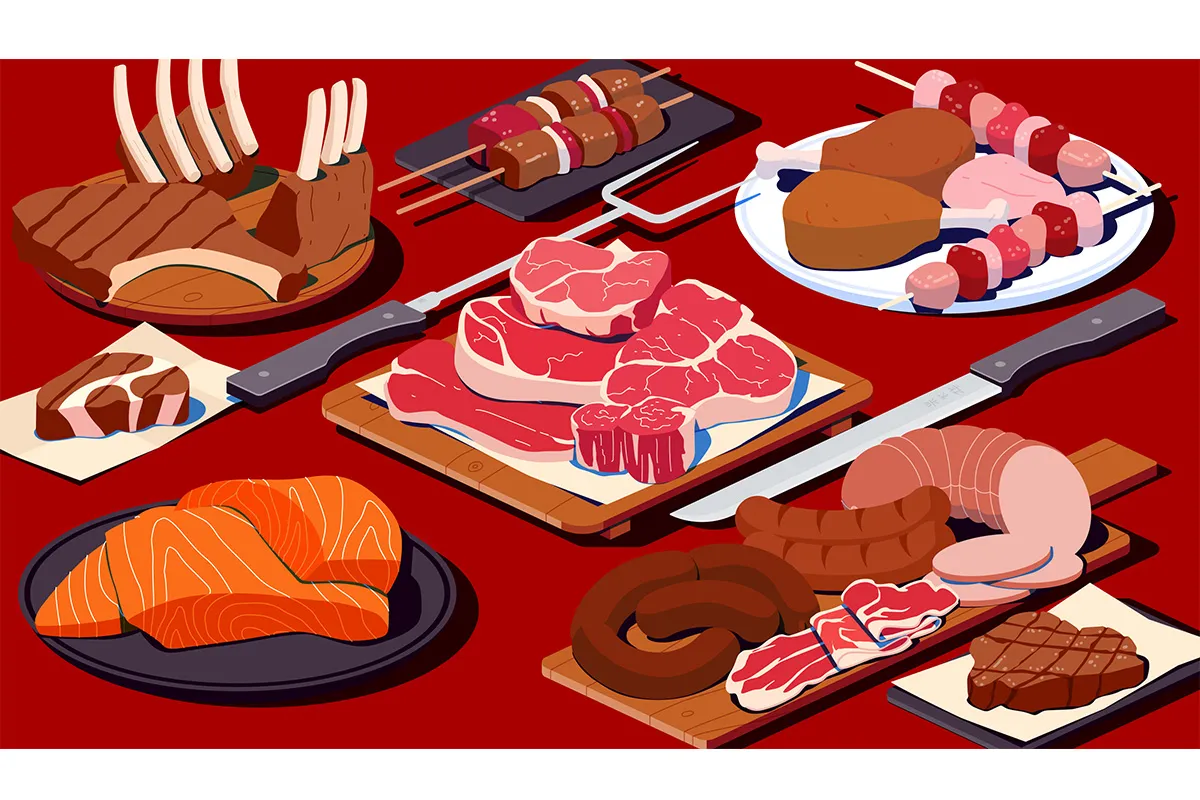
A prevalent side effect during the early stages is the combination of water retention and glycogen depletion. Drastically reducing carbohydrates causes your glycogen reserves (the storage form of glucose) to dwindle. As each gram of glycogen binds to 3-4 grams of water, flushing out substantial amounts of water results from depleting these stores. Though the scale might indicate weight gain, it doesn’t signify true fat gain. Over time, your hydration levels will return to normal.
Furthermore, the body undergoes an adjustment period while acclimating to the carnivore diet’s altered macronutrient ratios. Hormone signals, appetite cues, and digestive processes need time to adapt to the increased intake of dietary fat and protein. As a result, fluid imbalances, altered bowel movements, and unstable blood sugar levels could surface during the first few weeks. But worry not; as your metabolism stabilizes, this recalibration phase will soon subside. Trust the process and remain patient through these initial fluctuations in weight.
When Gaining Weight on Carnivore Diet Symbolizes Positive Healing
Gaining weight on carnivore diet, contrary to conventional health beliefs, may signal a constructive, healing-oriented progression for individuals grappling with impaired digestion, leaky gut, autoimmune conditions, or chronic inflammation.
For those whose digestive systems have been compromised due to years of exposure to irritating foods or perpetual nutrient deficiencies, it’s not surprising for the body to prioritize rediscovering gut function and enhancing overall integrity. With improved digestive health and decreased inflammation, hormones, notably leptin, can carry out appetite regulation and fat-burning mechanisms more seamlessly. Additionally, the recuperation of a leaky gut curtails the entrance of toxins into the bloodstream—a common path that can lead to disrupted metabolic pathways.
In essence, your body, adorned with hardwired intelligence, directs its attention initially to essential healing operations before maneuvering towards fine-tuning body composition and amplifying fat loss abilities. Consequently, weight loss might not personify a linear, rapid descent at the onset. Demonstrating patience is crucial- provide your body with ample space and time to stabilize, and utilize proper nutrition to facilitate deeper healing. The ensuing improvement in overall health will pave the way for a more effective fat-loss journey in the future.
Signs It’s Water Retention, Not Gaining Weight on Carnivore Diet
Given all these initial adaptations, how do you know if rapid gaining weight on carnivores is just temporary fluid retention or actual body fat increase? Here are a few signs it’s likely just water weight:

- You experience a rapid increase in scale weight upon starting carnivore that stabilizes after 1-2 weeks. This abrupt spike and quick plateau indicate temporary fluid fluctuations, not fat gain. It’s your body adapting to the lowered carb intake and dumping glycogen and water initially.
- Your clothing still fits the same. If the scale says you gained weight but your jeans, dresses, shirts, etc. aren’t any tighter, it’s likely just water bloat, not additional body fat. Give it time for your hydration levels to normalize after the dietary transition.
- Your measurements remain unchanged. If the numbers on the scale rise but your waist circumference, hip measurement, chest size, etc. are no different, you have not actually gained appreciable body fat. It’s an illusion of water retention.
- The mirror doesn’t show new fat deposits or size increases. Visually inspect your body for obvious areas of added body fat like your stomach, hips, thighs, face, etc. If you look the same in the mirror, it’s probably just temporary water weight.
- Your performance and energy at the gym is unaffected. True weight gain and body fat increase will negatively impact your strength output, endurance, and energy levels. If your gym performance remains stable, you likely haven’t gained fat.
- Your digestion and bowel habits are still adjusting. In the first weeks of carnivore, your gut microbiome, enzymes, and bathroom routine will be recalibrating. Bloating and irregularity can temporarily increase scale weight without fat gain.
- Your appetite and cravings have spiked temporarily. Fluctuating blood sugar and hormone changes early on in carnivore adaptation can disrupt satiety signals and hunger cues, potentially causing random water spikes.
- You increased exercise intensity recently. Ramping up gym training volume can cause microscopic muscle damage and inflammation that retains water to aid healing. This masks genuine weight loss initially.
- You are on your menstrual period. Hormone fluctuations around the monthly menstrual cycle often cause fluid retention and temporary weight gain of a few pounds. This balances out again afterward.
- You compare weights at different times of day. Scale weight normally fluctuates many pounds each day based on hydration, hormones, exercise, food intake, etc. Only compare weights first thing in the morning for accuracy.
In all of these scenarios, staying patient and consistent with the carnivore diet while your body adapts is key. The water bloat will soon normalize and weight loss will occur if in a deficit. Don’t obsess over daily scale numbers. Focus on how you look and feel.
12 Reasons for True Fat/Gaining Weight on Carnivore Diet
While initial weight spikes often resolve quickly, some carnivores do experience more persistent, true gaining weight on carnivore diet and fat gain. What causes this, and how can you adapt your diet and lifestyle to get back on track? Here are the top culprits:
- Consuming Too Many Calories
It’s easy to overeat calorie-dense fatty meats and exceed your daily energy needs, leading to gaining weight on the carnivore diet over time. Be diligent about weighing portions and tracking intake to avoid consistent caloric surplus.
- Inadequate Fatty Acid Intake
Without enough satiating fats from meats, your hunger may spike causing you to overeat protein and total calories, resulting in gaining weight on carnivore diet. Emphasize fatty cuts of meat, high-fat dairy if tolerated, bone marrow, and safe cooking fats.
- Too Much Protein
Overdoing protein intake provides excess calories that can be converted to and stored as body fat if you are not active enough to burn them off, contributing to gaining weight on the carnivore diet. Moderate portions of protein to approximately 0.6-1 gram per pound of lean mass.
- Chronic Underhydration
Being consistently dehydrated stalls fat metabolism and energy for activity and exercise, which can lead to gaining weight on the carnivore diet. Sip water consistently throughout the day and utilize mineral sources like electrolytes and herbal teas.
- Insufficient Exercise and Activity
Lack of resistance training and cardiovascular exercise fails to create an adequate caloric deficit for ongoing fat loss, resulting in gaining weight on the carnivore diet. Incorporate regular lifting, walking, sports, hiking, or other structured movement.
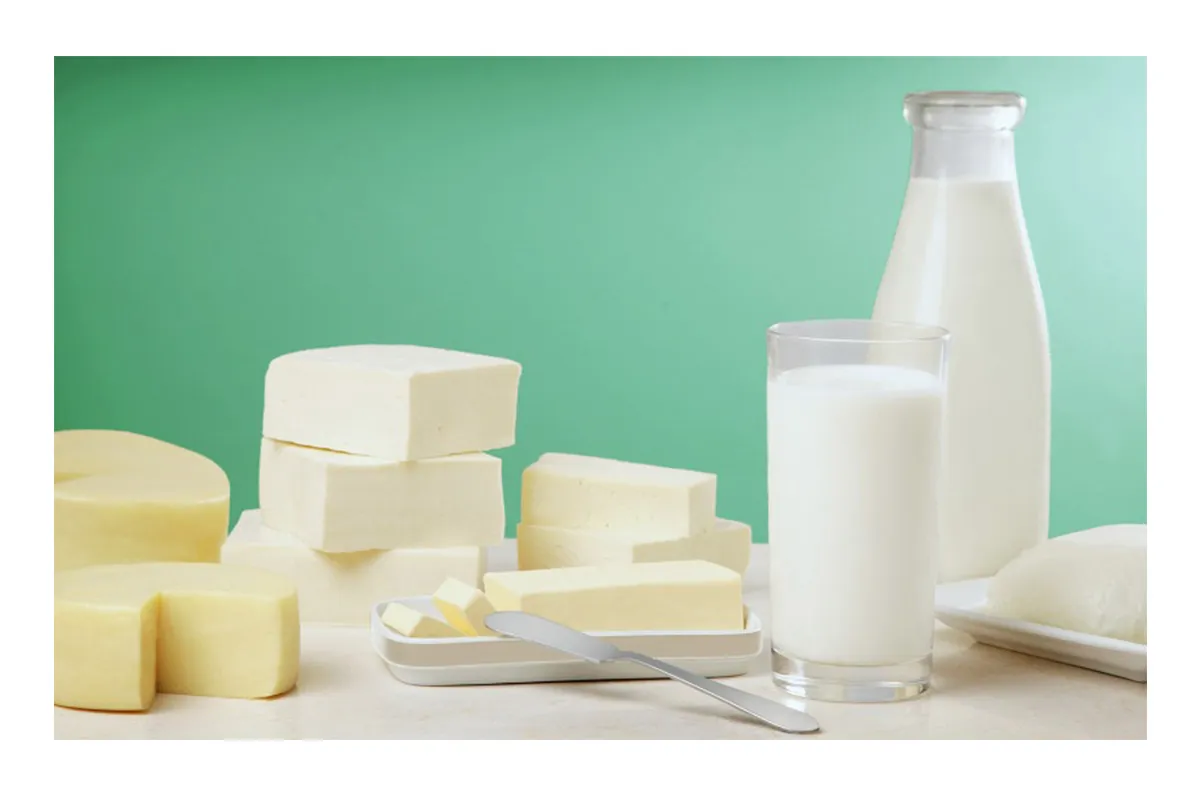
- Excess Dairy and Hidden Carbs
Too much dairy, nuts, sweeteners, and low-carb baked goods can elicit an insulin response that promotes fat storage, contributing to gaining weight on the carnivore diet, even if technically carnivore. Strictly minimize non-animal-based foods.
- Eating Too Frequently
Frequent small meals and constant grazing maintain elevated insulin levels which inhibit optimal fat burning, leading to gaining weight on carnivore diet. Implement occasional intermittent fasting and extend the time between meals.
- Psychological Stressors
Chronic stress stimulates cortisol, which can drive appetite, cravings, and fat accumulation resulting in gaining weight on the carnivore diet. Manage stress through relaxing practices like meditation, yoga, massage, etc.
- Poor Sleep Habits
Inadequate sleep and sleep disorders disrupt metabolic and appetite-regulating hormones, leading to increased hunger and fat gain over time which contributes to gaining weight on the carnivore diet. Prioritize consistent quality sleep each night.
- Low Energy Expenditure
Having a desk job or very sedentary lifestyle lowers caloric expenditure so even a modest food intake can exceed your needs, possibly causing gaining weight on carnivore diet. Increase general daily movement through walking, household activities, etc.
- Hyperpalatability of Meat
Eating large quantities of delicious fatty meat can promote overconsumption and lead to gaining weight on the carnivore diet. Portion control, intermittent fasting, and avoiding hyper-palatable processed meat can help manage intake.
- Adaptation Period Not Respected
Failing to give your body time (2-6 weeks) to fully adapt to the metabolic changes of carnivores can sabotage results and contribute to gaining weight on carnivore diet initially. Be patient through initial fluid and hormone fluctuations.
Fine-tuning your carnivore diet by calibrating protein and fat intake, staying active, managing stress, and allowing time to adapt can help reverse fat gain over time and avoid gaining weight on the carnivore diet long-term. Avoid extreme measures and focus on sustainability.
How to Mitigate Gaining Weight on Carnivore Diet Through Diet Adjustments
If you suspect you are genuinely gaining weight on Carnivore, here are some diet tweaks to help get back on track:
- Reduce portion sizes: Portion size offers the most direct control of calorie intake. If you’ve been gaining weight on Carnivore diet, it’s time to re-adjust how much food is served on the plate. Track your portions for a few days to identify where you can cut back.
- Moderate Protein Intake: The carnivore diet is heavy in protein, which is beneficial for muscle building and satiety. However, excessive protein can also contribute to weight gain. Focusing on protein moderation can help combat gaining weight on a carnivore diet.
- Intermittent Fasting: In addition to reducing portions, you can further lower your overall caloric intake by incorporating periods of intermittent fasting. This naturally restricts your eating window, reducing the chance of over-consumption and aiding in weight management.
- Prioritize Fattier Meats: Lean protein can leave you feeling unsatisfied, causing you to consume more calories overall. Prioritizing fattier cuts of meat can help in managing gaining weight on Carnivore diet, providing satiety with less food.
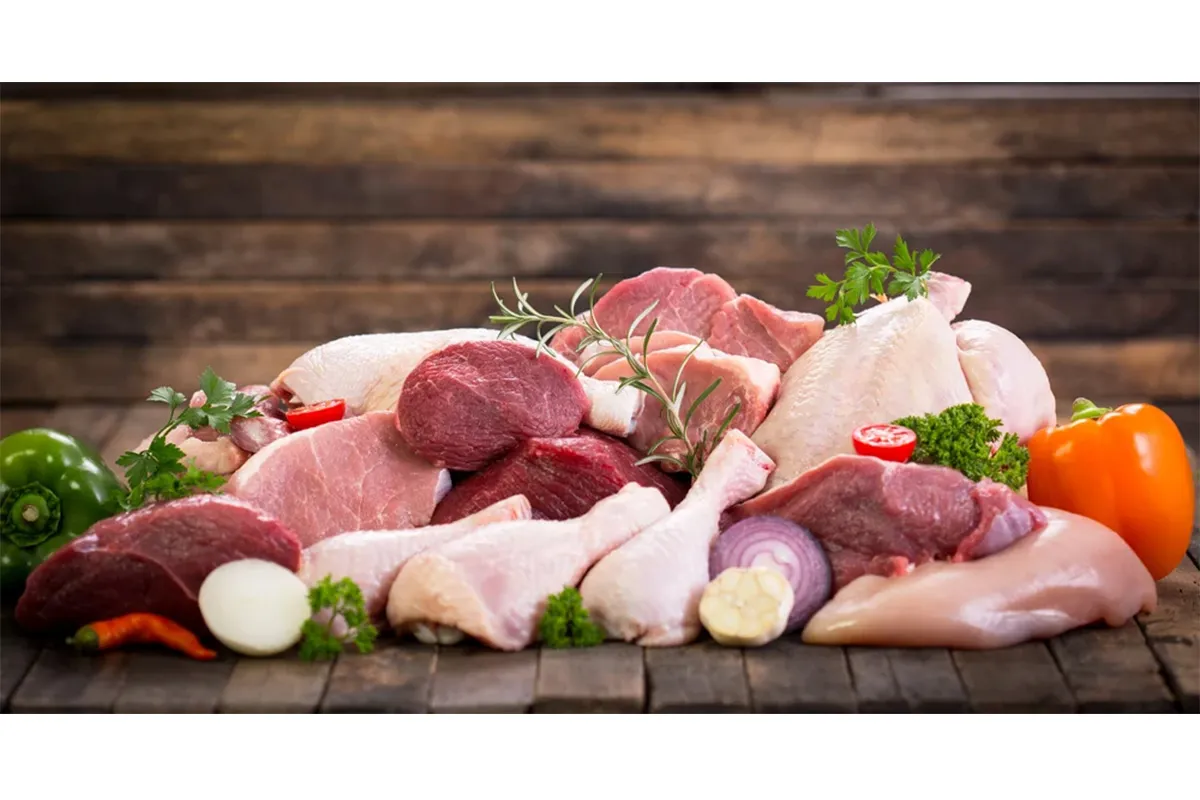
- High-quality Animal Foods: Choosing high-quality meat products and animal foods can enhance nutrient density without providing excess calories. This can be key in preventing weight gain on a carnivore diet.
- Eliminate Unnecessary Dairy: Dairy can add unnecessary calories to the carnivore diet. Substitute heavy dairy use with alternative options like almond milk, or use dairy in moderation to avoid surplus calorie consumption.
- Avoid Hidden Carbs: Hidden carbs are a common culprit of weight gain on carnivore diets. For example, low-carb baking might add a significant number of unaccounted calories. Stick to minimal nutritious carbs from veggies and whole fruits instead.
- Sufficient Water Intake: Hydration can help prevent overeating, a common cause for gaining weight on a carnivore diet. By sipping liquids regularly throughout the day, and utilizing options such as mineral water and herbal teas, you can encourage hydration, helping to improve digestion and reduce the sense of hunger.
- Occasional Long-duration Fasting: Consider 24-36 hour fasts occasionally. Longer fasting periods impact growth hormone levels, insulin response, and fat-burning pathways, all crucial factors associated with weight management in carnivore diets.
- Regular Physical Activity: Exercise is an effective strategy to increase caloric expenditure, which is essential to counterbalance the high caloric intake from a carnivore diet, and can stave off potential weight gain.
In summary, whether you are noticing gaining weight on your carnivore diet or seeking preventative measures, adjusting your diet through these key considerations can have a significant impact. These strategies empower you in your endeavor to remain healthy, and fit, and enjoy the benefits of the carnivore diet without the concern of unwelcome weight gain.
The Influence of Exercise and Lifestyle on Gaining Weight on Carnivore Diet
Diet alone is sometimes not enough to mitigate gaining weight on carnivores. You also need to incorporate regular exercise and optimize other lifestyle factors:
- Engage in consistent strength training to build or preserve calorie-burning lean muscle mass. This supports passive fat loss.
- Incorporate low-intensity steady walking, ideally daily. Start with 30 minutes and build up duration over time.
- Optimize sleep quantity and quality through sleep hygiene practices and stress management. Poor sleep disrupts metabolic hormones and hunger signaling.
- Reduce stress through meditation, time in nature, deep breathing, cold showers, or other relaxing activities. High cortisol promotes fat storage.
- Avoid chronic overtraining, excessive steady-state cardio, and unnecessary caloric restriction. These often backfire by crashing energy expenditure and metabolism.
The Importance of Patience and Perspective When Gaining Weight on Carnivore Diet
Perhaps most importantly, remember that transitioning to a carnivore diet for sustainable weight loss and fat-burning requires patience and consistency. Here are some key mindset principles:
- Allow your body time to stabilize and find homeostasis on the new way of eating. Dramatic changes don’t happen instantly.
- Focus on how you feel, not just the daily number on the scale. Energy levels and digestion are more important.
- Take periodic progress photos and body measurements for a more complete picture. The scale weight alone is misleading.
- Remain patient and consistent with the diet, avoiding extremes. Consistency over months and years is more impactful than short unsustainable bursts.
If you stay the course, implement the mitigation strategies above, and support your body’s healing, you will likely break through weight loss plateaus and burn stubborn body fat. But give it time, and don’t panic over temporary fluctuations.
Conclusion
In summary, gaining weight on carnivore diet is common and not necessarily cause for concern. Initial fluctuations are often just temporary water retention as your body adapts to the low-carb eating style. Additionally, some weight gain may actually indicate healing processes are underway, especially for those with autoimmunity, gut issues, and chronic inflammation.
True fat gain occurs when calorie intake chronically exceeds expenditure. Consuming too much protein and dairy, inadequate fat intake, lack of exercise, insufficient water, and overtraining can all contribute. But with some simple dietary tweaks, increased activity and movement, and most importantly patience and consistency, you can successfully lose fat and improve body composition over the long term on a well-formulated carnivore diet. Don’t panic, stick with the lifestyle, and focus on overall well-being rather than getting fixated solely on the scale.

FAQs about Gaining Weight on Carnivore
Is it normal to gain weight on carnivore diet?
It's very common to experience some initial weight gain when transitioning to a carnivore diet due to losing water weight and glycogen stores. This is just part of the metabolic adaptation process and should stabilize within 1-2 weeks. Give your body time to adjust to the lower carb intake before worrying about scale weight. Focus on how you look and feel.
How long does it take your body to adjust to the carnivore diet?
It typically takes 2-6 weeks for your body to fully adapt to the metabolic changes of a carnivore diet. This adaptation period involves the stabilization of hydration levels, gut bacteria, hormone regulation, digestion, and other factors. Be consistent and patient through this recalibration phase before trying to optimize the diet for fat loss.
How to gain weight on carnivore diet?
If underweight, add calorically dense foods like bone marrow, oily fish, fatty dairy, avocados, nuts, or starchy veggies. Do full-body strength training to build muscle. Consider carb cycling to fill and replenish glycogen. Ensure sufficient overall calorie intake to support weight gain.
Can I cheat on my carnivore diet?
Generally, it's recommended that individuals adhering to the carnivore diet maintain their focus on consuming meat and animal products to reap the full benefits. However, we're all human, and the occasional "cheat" may occur. Just bear in mind the goal is to minimize these occurrences. "Cheating" can disrupt your progress as your body adjusts to burning fat instead of carbohydrates for energy. It is best to strive for consistency and make conscious decisions about what, when, and why you might deviate from your diet plan.
Should a carnivore eat more fat or protein?
The carnivore diet consists primarily of fatty meats, organ meats, and a small amount of animal protein. While it's heavily inclined toward both fat and protein, the exact ratio of intake can vary based on individual needs, goals, and tolerances. It is important to include a balance of both fat and protein in your diet. Consuming ample fat is essential as it works as a major energy source, while protein aids in muscle recovery and growth, and provides essential amino acids. Consultation with a nutrition expert can further guide you in making balanced diet decisions.


